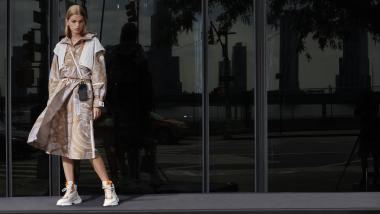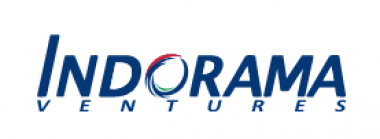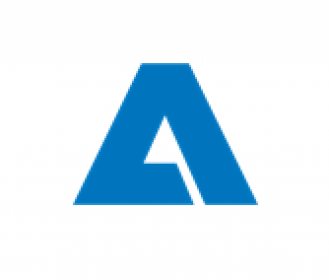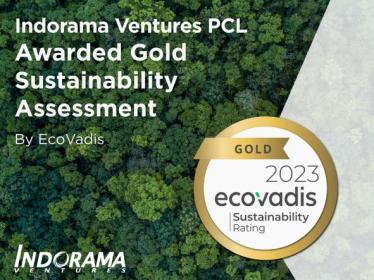The GoodTextiles Foundation and Cotton made in Africa join forces again
- Precious water for villages that are running on dry land
The GoodTextiles Foundation has worked to improve drinking water supplies in sub-Saharan Africa in another joint project with Cotton made in Africa (CmiA). In three villages in Togo particularly affected by climate change, the partners built wells and trained people in the use of water. The curriculum included the topics of disease prevention, hygiene and health care.
In 2016, the textile company Dibella (Bocholt) established the GoodTextiles Foundation with the aim of making textile value chains more sustainable. It raises funds and implements its own support projects to benefit people at all stages of the textile industry. Now the foundation has once again supported a project in sub-Saharan Africa initiated by Cotton made in Africa (Hamburg). Funding is being provided for three villages in Togo that, according to a needs assessment by CmiA's local partner, the cotton company Nouvelle Société Cotonnière du Togo (NSCT), have no direct access to drinking water.
Difficult water procurement
The areas where CmiA's drought-resistant cotton is grown include the north and interior of Togo, where cotton farmers are particularly affected by the effects of climate change due to prolonged periods of drought. Many village communities lack access to clean drinking water, and people draw contaminated water from more distant rivers or waterholes and carry the heavy load back with difficulty.
Guide to clean water
As part of a joint project between the GoodTextiles Foundation, Aid by Trade Foundation (holder of the CmiA standard) and NSCT, three drought-affected villages - Namare/Puob-n-kpaad, Tchokoroko and Aloba - will now receive their own water supply.
The funds - 11,756 euros will be provided by the GoodTextiles Foundation, and 4,419 euros will come from the Cotton Society - will be used to construct a well operated by hand pumps in each village. The construction work is to be completed by March 2023 and the 2,300 inhabitants will be taught the basics of water handling, disease prevention and hygiene measures in so-called WASH training courses.
Driving force: UN SDGs
For years, we have aligned our company with the UN's 17 Sustainable Development Goals (Global Goals for Sustainable Development). Through the sponsorship project, we are not only contributing to SDG 6 "Clean water and sanitation", but also to gender equality (SDG 5). In the African countries from which we source CmiA cotton, the physically strenuous task of procuring water is still the responsibility of women. The construction of the wells now leads to a significant improvement of their living situation," reports Ralf Hellmann, managing director of Dibella and chairman of the foundation.
Continued under their own responsibility
Once the wells have been handed over to the village communities, "water committees" will take over their management and maintenance, as well as responsibility for further hygiene training for the residents. The operation of the wells will be financed on the basis of a fund made up of small contributions from the beneficiary communities.
The GoodTextiles Foundation




























